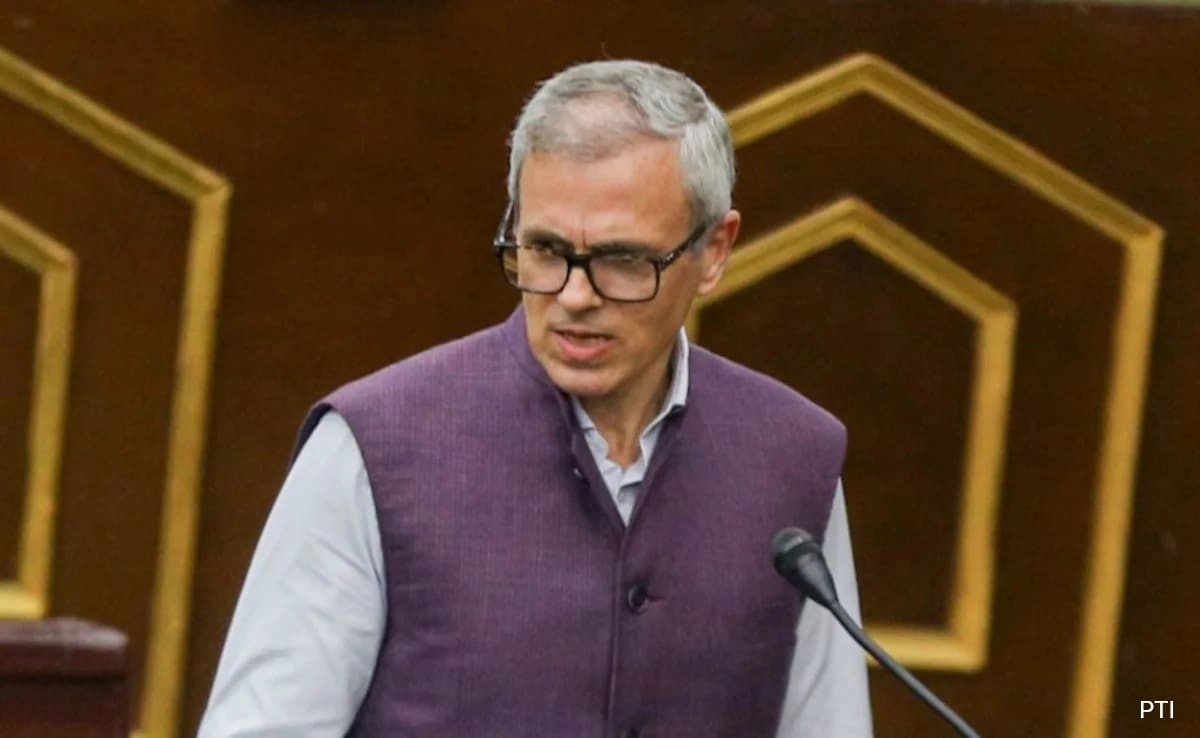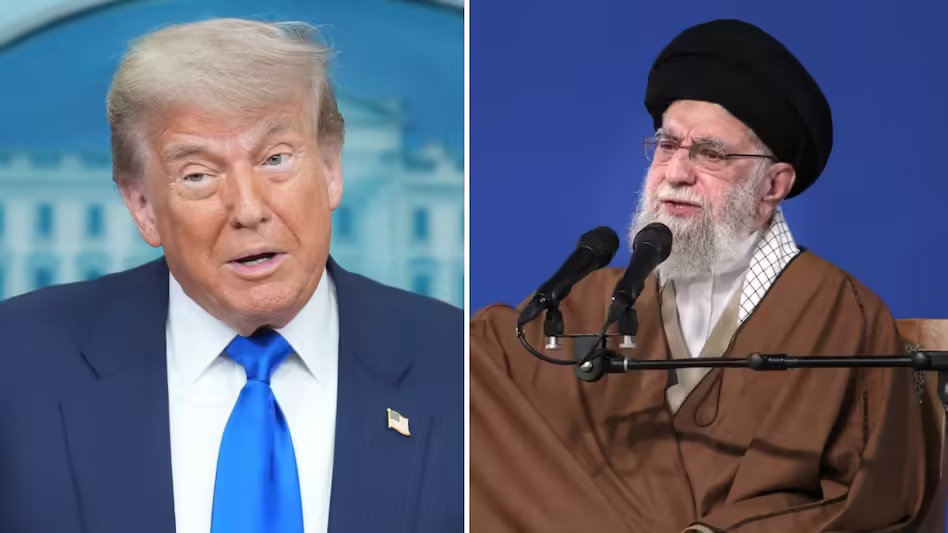Omar Abdullah, the former Chief Minister of Jammu and Kashmir, recently voiced his concerns regarding the situation in the region, particularly focusing on what he describes as the “tyranny of the unelected.” Abdullah expressed his frustrations about being confined within his own home, which he perceives as a significant violation of democratic principles and individual freedoms. His remarks come in the context of broader political developments in Jammu and Kashmir, where the region has experienced considerable unrest and shifts in governance since the abrogation of Article 370 in 2019, which granted it special status.
The term “tyranny of the unelected” highlights Abdullah’s belief that the current administration, which has been imposed without the consent of the local populace, undermines the democratic ethos of the region. He argues that the lack of elected representatives in power leads to a disconnect between the government and the citizens, fostering an environment where grievances are not adequately addressed. Abdullah’s personal experience of being “locked up” reflects a broader sentiment of political suppression that many in the region have felt, particularly those who oppose the central government’s policies.
Abdullah’s statements resonate with a growing frustration among the people of Jammu and Kashmir, who are demanding greater autonomy and representation in governance. The former Chief Minister’s words serve as a rallying cry for those who believe that their voices have been stifled in the current political landscape. He emphasizes the need for a return to democratic processes, where elected officials can truly represent the interests and aspirations of the local population, rather than being governed by officials who lack a legitimate mandate from the people.
In his critique, Abdullah also alludes to the broader implications of such governance on civil liberties and human rights in the region. The ongoing tensions and the feeling of being marginalized have led to a sense of urgency among various political and social groups, advocating for a re-evaluation of how Jammu and Kashmir is administered. As Abdullah continues to speak out against these issues, he highlights the importance of dialogue and political engagement to restore a sense of normalcy and democratic governance in a region that has long been marked by conflict and instability.




